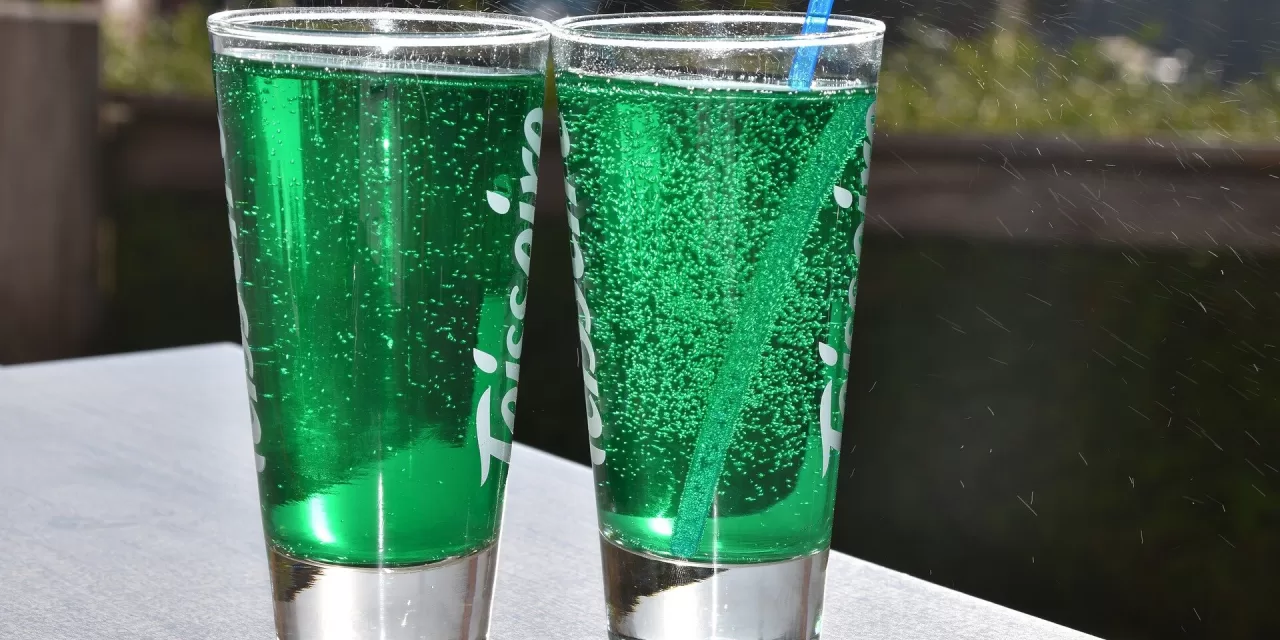A new global research study co-led by the University of Galway and McMaster University in Canada has revealed a worrying link between frequent consumption of fizzy drinks, fruit juices, and high coffee intake with an elevated risk of stroke. The findings come from two recent analyses of the ongoing INTERSTROKE research project, which is one of the largest international studies of stroke risk factors. The study involved nearly 27,000 participants from 27 countries, including 13,500 individuals who experienced their first stroke.
Published in the Journal of Stroke and the International Journal of Stroke, the research highlights the specific beverages associated with an increased stroke risk and the regional variations in stroke prevalence. Professor Andrew Smyth, lead researcher and Professor of Clinical Epidemiology at the University of Galway, emphasized the importance of understanding how daily beverage choices may impact stroke risk.
Key Findings on Fizzy and Fruit Drinks
The analysis on fizzy drinks and fruit juices showed that consuming these beverages frequently leads to a significantly higher chance of stroke:
- Fizzy drinks, including both sugar-sweetened and artificially sweetened varieties, were linked with a 22% increased risk of stroke, with the risk rising sharply for those who consume two or more fizzy drinks per day.
- The stroke risk associated with fizzy drinks was most pronounced in Eastern/Central Europe, the Middle East, Africa, and South America.
- Fruit juice drinks, often marketed as healthy but containing added sugars and preservatives, were linked to a 37% increased risk of intracranial hemorrhage, a type of stroke caused by bleeding in the brain. For individuals consuming two or more of these drinks daily, the stroke risk tripled.
- Women were particularly vulnerable, showing the highest increased risk of intracranial hemorrhage linked to fruit juice consumption.
- On a positive note, those who drank more than seven cups of water per day had a lower risk of ischemic stroke, which occurs due to a blood clot.
Professor Smyth remarked, “Not all fruit drinks are created equal—freshly squeezed fruit juices are most likely to bring benefits, but fruit drinks made from concentrates, with lots of added sugars and preservatives, may be harmful. Our research also shows that the chance of stroke increases the more often someone consumes fizzy drinks.”
Coffee and Tea: A Mixed Picture
The second analysis, which focused on coffee and tea consumption, provided more nuanced results:
- Drinking more than four cups of coffee daily was associated with a 37% increased chance of stroke, though lower intakes did not significantly impact stroke risk.
- Tea, on the other hand, appeared to offer a protective effect. Drinking three to four cups of black tea daily, including common varieties like Breakfast and Earl Grey, reduced stroke risk by 18-20%. The same intake of green tea was linked with a 27% lower risk.
- However, adding milk to tea seemed to counteract the beneficial effects of antioxidants found in tea, reducing the stroke protection observed among tea drinkers.
- Geographic differences were also noted, with tea reducing stroke risk in China and South America but showing a higher stroke risk in South Asia.
Global Impact and Preventive Advice
Professor Martin O’Donnell, co-lead of the INTERSTROKE study and Consultant Stroke Physician at Galway University Hospitals, highlighted the practical implications of the research. “A key goal of the INTERSTROKE study is to provide usable information on how to reduce one’s risk of stroke. While hypertension is the most important risk factor, our stroke risk can also be lowered through healthy lifestyle choices in diet and physical activity. The current study adds further information on what constitutes healthy choices on daily intake of beverages.”
This research underscores the importance of making informed dietary choices, particularly when it comes to beverages. For those seeking to minimize stroke risk, the findings suggest limiting fizzy and fruit drinks, moderating coffee intake, and considering tea—without milk—as a healthier alternative.
Study Background
The INTERSTROKE study is an ongoing international project that examines the causes and risk factors for stroke. It includes participants from a broad range of geographical and ethnic backgrounds, helping to paint a comprehensive picture of global stroke risk.
For more information on the study and its findings, the following papers are available:
- Andrew Smyth et al., Carbonated Beverage, Fruit Drink, and Water Consumption and Risk of Acute Stroke, Journal of Stroke (2024). DOI: 10.5853/jos.2024.01543
- Andrew Smyth et al., Tea and Coffee Consumption and Risk of Acute Stroke: The INTERSTROKE Study, International Journal of Stroke (2024). DOI: 10.1177/17474930241264685












